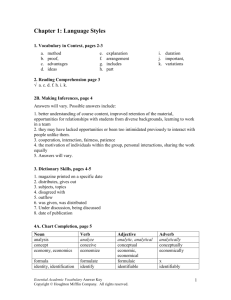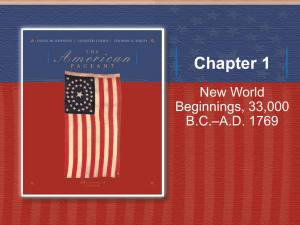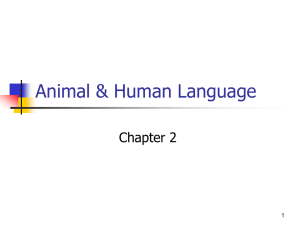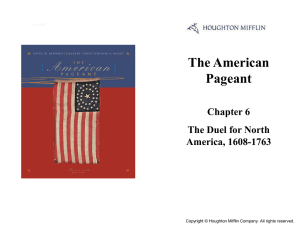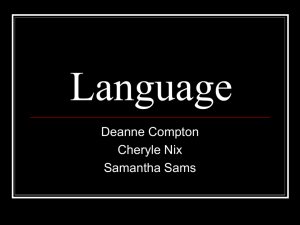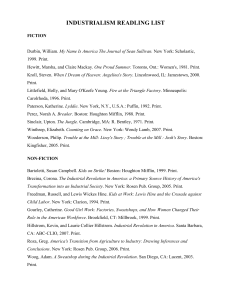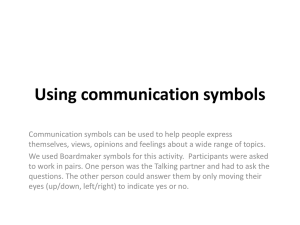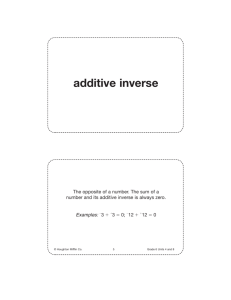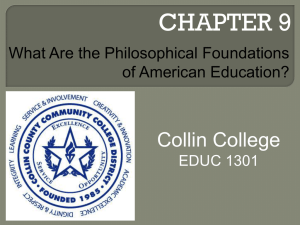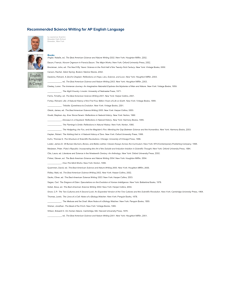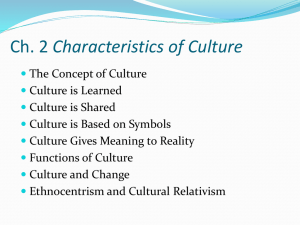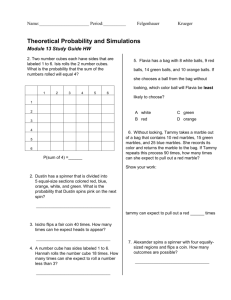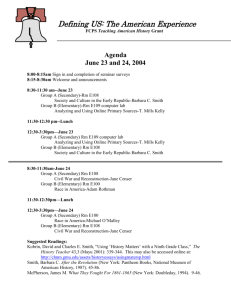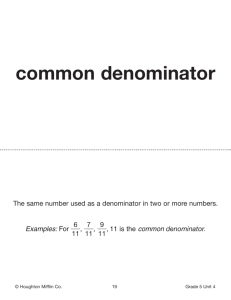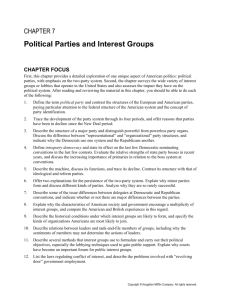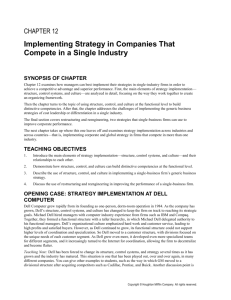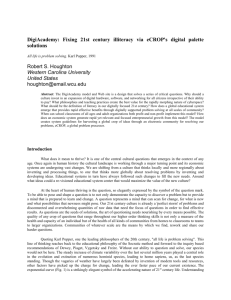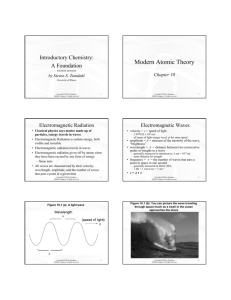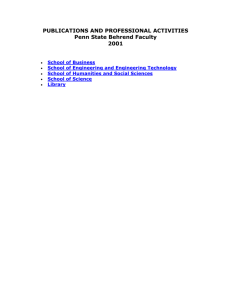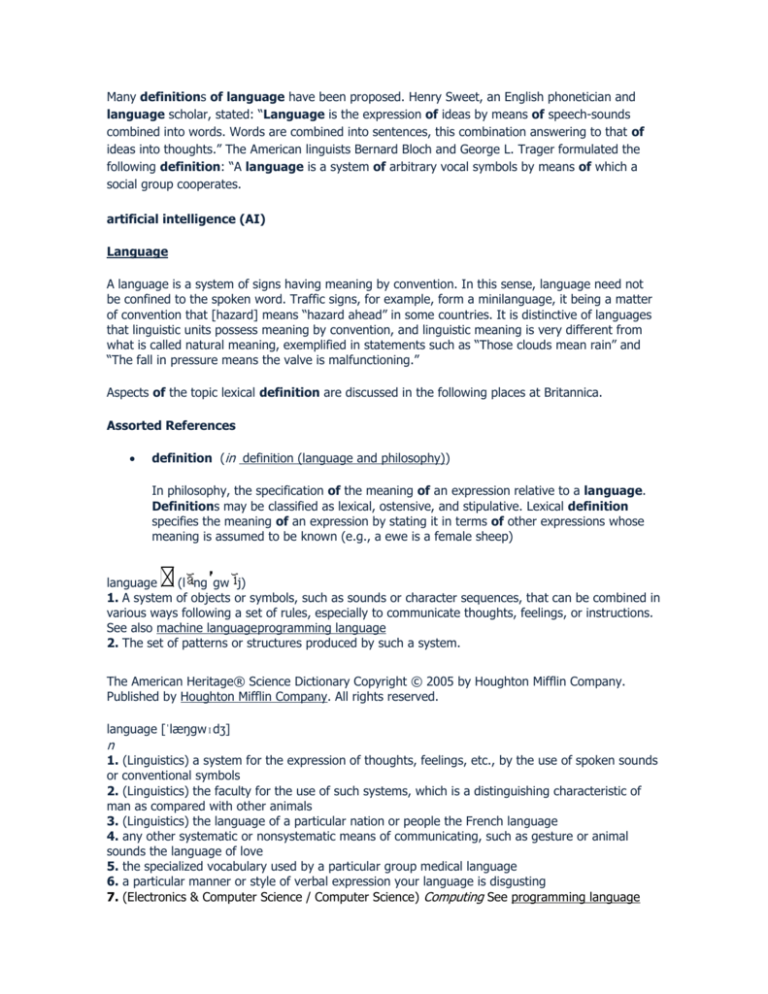
Many definitions of language have been proposed. Henry Sweet, an English phonetician and
language scholar, stated: “Language is the expression of ideas by means of speech-sounds
combined into words. Words are combined into sentences, this combination answering to that of
ideas into thoughts.” The American linguists Bernard Bloch and George L. Trager formulated the
following definition: “A language is a system of arbitrary vocal symbols by means of which a
social group cooperates.
artificial intelligence (AI)
Language
A language is a system of signs having meaning by convention. In this sense, language need not
be confined to the spoken word. Traffic signs, for example, form a minilanguage, it being a matter
of convention that [hazard] means “hazard ahead” in some countries. It is distinctive of languages
that linguistic units possess meaning by convention, and linguistic meaning is very different from
what is called natural meaning, exemplified in statements such as “Those clouds mean rain” and
“The fall in pressure means the valve is malfunctioning.”
Aspects of the topic lexical definition are discussed in the following places at Britannica.
Assorted References
definition (in definition (language and philosophy))
In philosophy, the specification of the meaning of an expression relative to a language.
Definitions may be classified as lexical, ostensive, and stipulative. Lexical definition
specifies the meaning of an expression by stating it in terms of other expressions whose
meaning is assumed to be known (e.g., a ewe is a female sheep)
language
(l ng gw j)
1. A system of objects or symbols, such as sounds or character sequences, that can be combined in
various ways following a set of rules, especially to communicate thoughts, feelings, or instructions.
See also machine languageprogramming language
2. The set of patterns or structures produced by such a system.
The American Heritage® Science Dictionary Copyright © 2005 by Houghton Mifflin Company.
Published by Houghton Mifflin Company. All rights reserved.
language [ˈlæŋgwɪdʒ]
n
1. (Linguistics) a system for the expression of thoughts, feelings, etc., by the use of spoken sounds
or conventional symbols
2. (Linguistics) the faculty for the use of such systems, which is a distinguishing characteristic of
man as compared with other animals
3. (Linguistics) the language of a particular nation or people the French language
4. any other systematic or nonsystematic means of communicating, such as gesture or animal
sounds the language of love
5. the specialized vocabulary used by a particular group medical language
6. a particular manner or style of verbal expression your language is disgusting
7. (Electronics & Computer Science / Computer Science) Computing See programming language
speak the same language to communicate with understanding because of common background,
values, etc.
[from Old French langage, ultimately from Latin lingua tongue]
Collins English Dictionary – Complete and Unabridged © HarperCollins Publishers 1991, 1994,
1998, 2000, 2003
lan·guage
n.
(l ng gw j)
1.
a. Communication of thoughts and feelings through a system of arbitrary signals, such as voice
sounds, gestures, or written symbols.
b. Such a system including its rules for combining its components, such as words.
c. Such a system as used by a nation, people, or other distinct community; often contrasted with
dialect.
2.
a. A system of signs, symbols, gestures, or rules used in communicating: the language of algebra.
b. Computer Science A system of symbols and rules used for communication with or between
computers.
3. Body language; kinesics.
4. The special vocabulary and usages of a scientific, professional, or other group: "his total mastery
of screen language camera placement, editing and his handling of actors" (Jack Kroll).
5. A characteristic style of speech or writing: Shakespearean language.
6. A particular manner of expression: profane language; persuasive language.
7. The manner or means of communication between living creatures other than humans: the
language of dolphins.
8. Verbal communication as a subject of study.
9. The wording of a legal document or statute as distinct from the spirit.
[Middle English, from Old French langage, from langue, tongue, language, from Latin lingua; see d
gh - in Indo-European roots.]
The American Heritage® Dictionary of the English Language, Fourth Edition copyright ©2000 by
Houghton Mifflin Company. Updated in 2009. Published by Houghton Mifflin Company.

